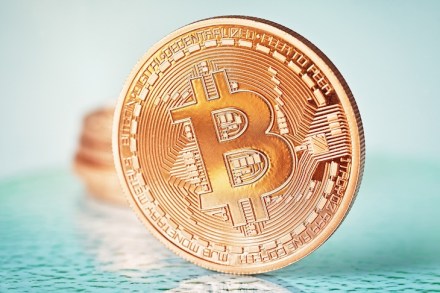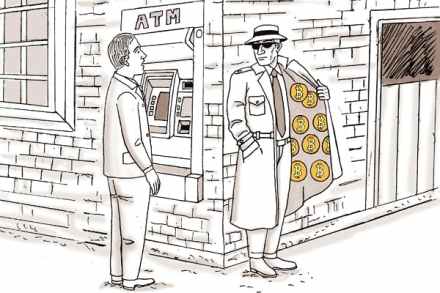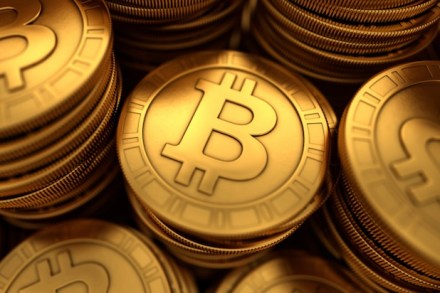High life | 15 March 2018
Gstaad I never made it to Zurich but met up with Steve Bannon through the miracle of technology, thanks to my hosts at the Swiss weekly Die Weltwoche, who gave him my telephone number. He rang at a civilised time and we had a very cosy chat for an hour or so. I don’t know how it was done, and don’t ask me for details, but I could see him and apparently he could see me too. The first things I said were that I was 100 per cent heterosexual and what a pity it was that I had to be initiated into this technology while talking to a man















